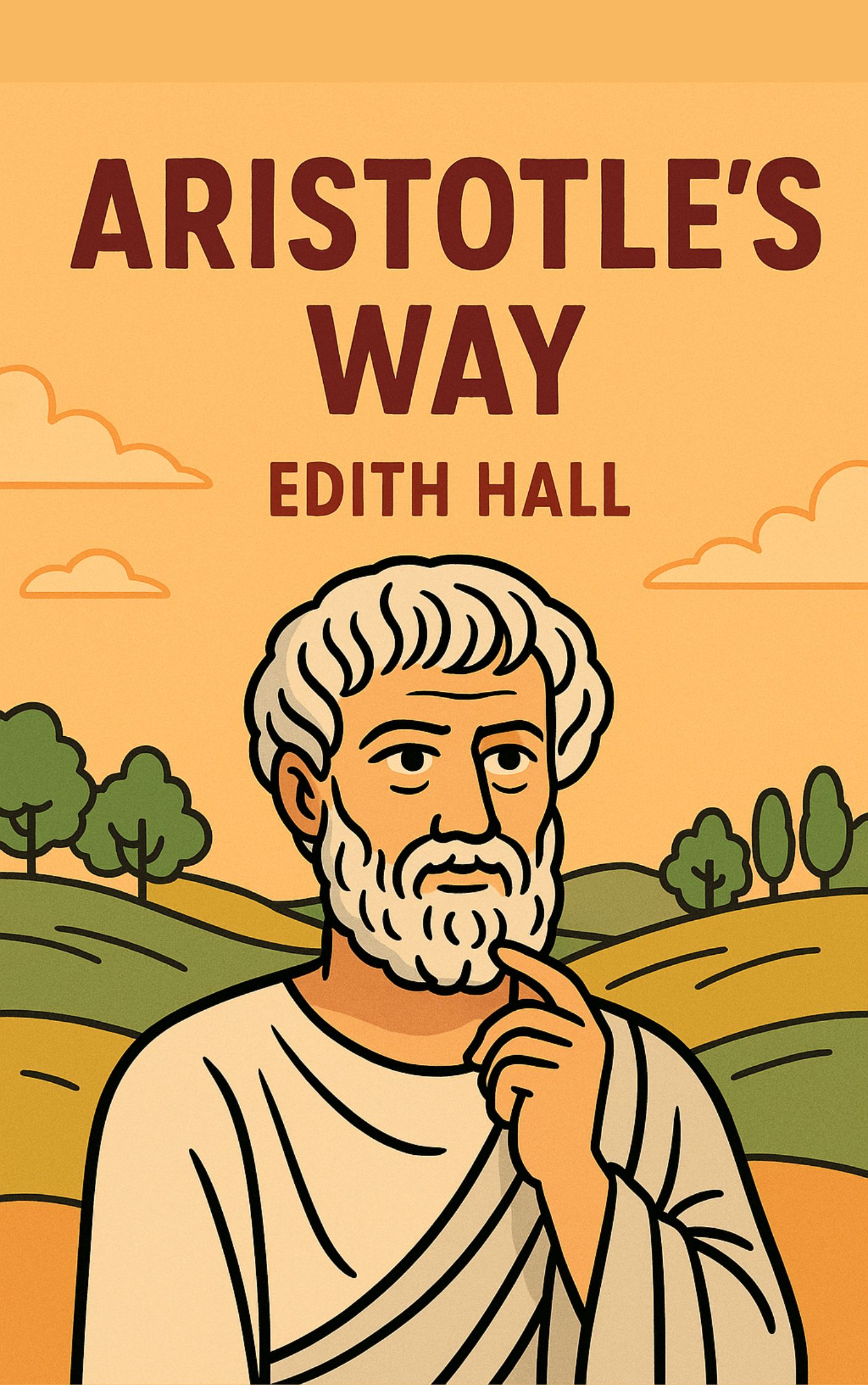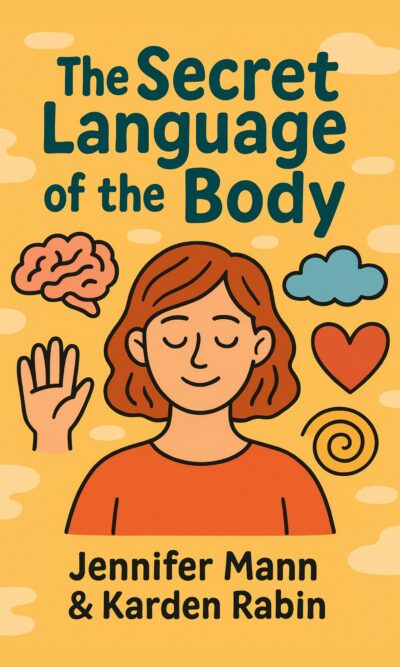Description
Aristotle’s life and ideas remain powerful because they deal with the timeless question every person asks: how should we live? Despite being born over two thousand years ago, his philosophy continues to guide us on happiness, moderation, friendships, and decision-making. His way of thinking is not abstract theory alone, but a practical guide for living a purposeful, balanced, and fulfilling life.
Aristotle was born in 384 BCE in northern Greece. His childhood was marked by loss and instability, as he lost both parents at an early age. At seventeen, he moved to Athens to study under Plato at the Academy, where he remained for twenty years. He later became tutor to Alexander the Great, before returning to Athens to write the works for which he is remembered. Interestingly, most of his most influential writing came in the last twelve years of his life, a reminder that it’s never too late to produce your greatest work.
At the heart of Aristotle’s teaching is the idea of eudaimonia, which is often translated as happiness, flourishing, or living well. Unlike many today, he did not equate happiness with wealth, possessions, or fleeting pleasure. To him, happiness was not something that happened by accident, nor was it a passive state of being. Happiness was an activity. It came from thinking deeply, acting with purpose, and living in alignment with human reason. Since reason is what makes us distinctly human, we find true joy when we engage it—when we reflect, learn, and choose wisely.
This focus on reason shapes Aristotle’s approach to decisions. Every day, we make thousands of small choices, but the big ones—about relationships, careers, or moral actions—determine the course of our lives. Aristotle’s advice is remarkably practical: do not rush, always verify the facts, and seek guidance from those who truly know more than you. These simple principles can prevent hasty mistakes and help us deliberate with clarity. Taking time to “sleep on it” or asking advice from someone more experienced may seem obvious, but Aristotle believed such steps were the cornerstone of living wisely.
Another important area of his philosophy is rhetoric—the art of persuasion. Unlike his teacher Plato, who distrusted rhetoric as manipulative, Aristotle thought it could be a tool for truth, as long as one learned to detect faulty arguments. He taught that many persuasive speakers hide weak or false assumptions inside their arguments. If people accept these hidden flaws, they are easily misled. By learning to identify faulty premises, we protect ourselves from being deceived and become better thinkers. This lesson is just as relevant today in a world full of advertising, politics, and social media, where arguments often appear convincing but rest on shaky ground.
Aristotle also explained how rhetoric could be used positively, such as when applying for a job or making a case for something important. He offered a simple “ABC” formula: focus on your Audience, be Brief, and always speak with Clarity. Respecting the audience means knowing who they are and what matters to them. Brevity ensures that people understand your message quickly without losing interest. Clarity guarantees that your ideas are understood, leaving no room for confusion. These principles, though ancient, remain powerful guidelines for effective communication today.
A major theme in Aristotle’s ethics is moderation. He believed virtue lies between extremes. Too little courage makes a person a coward; too much makes them reckless. Too little generosity makes a miser; too much makes a spender who destroys their own well-being. Even anger has a place—it is right to be angry at injustice, but destructive to explode over minor issues. Virtue, then, is not about renouncing emotion or desire, but about finding the balanced middle path. For Aristotle, moderation is not weakness—it is wisdom and strength in action.
Friendship was another cornerstone of Aristotle’s thinking about the good life. He saw three types of friendships. The first is utility, where people benefit from one another, like business partners or casual helpers. The second is based on pleasure, where friends enjoy each other’s company, humor, or hobbies. Both of these are natural but temporary—they end when the benefit or pleasure ends. The third type, however, is deeper: true friendship rooted in love and mutual respect. These friends are valued not for what they give, but for who they are. Such friendships last through time, hardship, and change, and they bring the greatest joy to human life.
Aristotle’s approach was refreshingly balanced compared to other schools of his time. While Stoics taught detachment, Epicureans sought a quiet life of pleasure, and Cynics rejected social norms entirely, Aristotle embraced a middle ground. He valued reason, emotion, social connection, and virtue, but always guided by balance. His philosophy was not about withdrawing from life, but about fully engaging in it with wisdom and care.
In practical terms, Aristotle’s teachings remind us that living well requires attention, patience, and effort. It means taking time to make thoughtful decisions, cultivating genuine friendships, and speaking with honesty and clarity. It means moderating our desires so that they support rather than destroy our happiness. And it means never forgetting that the greatest source of fulfillment is found in reasoning, learning, and reflecting on life itself.
Aristotle believed that the goal of human life is not simply survival, but flourishing. Flourishing comes when we align our choices with our reason, embrace moderation, and cultivate virtue. A life lived in this way does not depend on luck, wealth, or fame. Instead, it depends on habits of thought and action that anyone can practice. Whether in ancient Athens or the modern world, this path leads to the same destination: a good and meaningful life.
In conclusion, Aristotle’s wisdom is practical advice for every age. He teaches us that happiness is an activity, not a possession. Good decisions come from patience, knowledge, and guidance. Persuasion works best when we are honest, brief, and clear. Virtue is found in moderation, not extremes. Friendships, when genuine, are among life’s greatest treasures. To follow Aristotle’s way is to live deliberately, thoughtfully, and with balance, always aiming to flourish as a human being.





